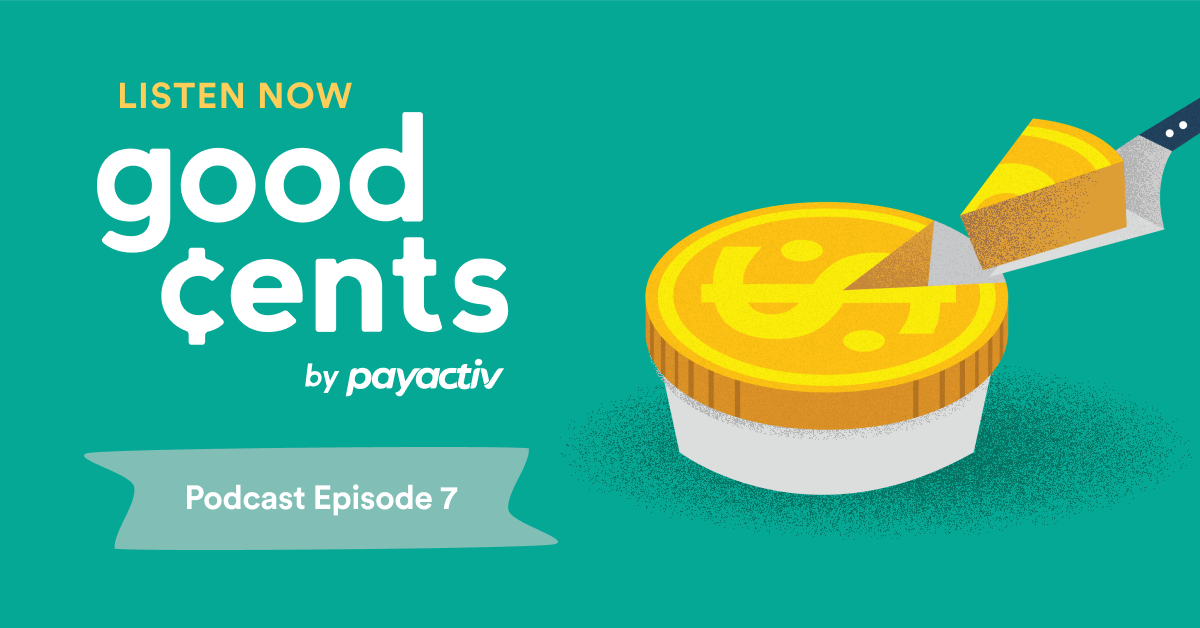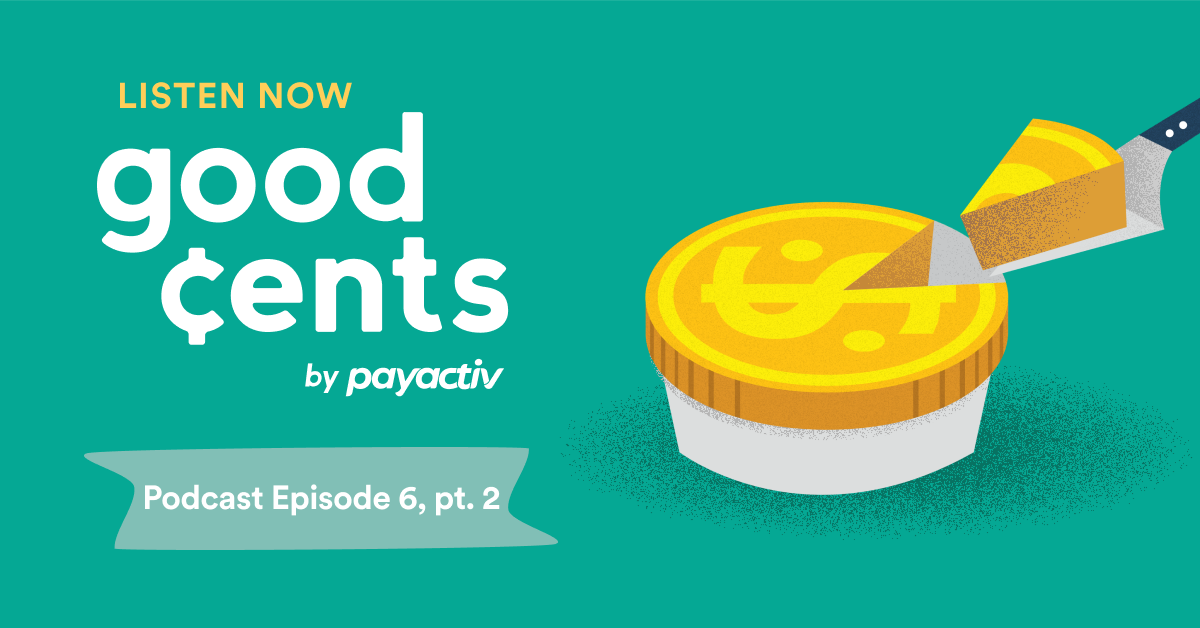
Financial Checklist for Single Moms
Author Lisa Alther summarized it best when she said, “Any mother could perform the jobs of several air traffic controllers with ease.” Managing work and raising kids can feel like the world’s greatest juggling act for single moms. Tossing in a bowling ball illustrates the pressure of staying on top of finances on one income with only 24 hours in the day.
Understanding Single Mothers’ Financial Pressures
During the first few months of the pandemic, virtual learning, reduced school and daycare operating hours, and quarantine mandates had . Single mothers were particularly impacted: 1 in 5 single mothers who experienced such disruptions indicated in November 2020 that they were no longer working – a figure roughly twice that of other parents, according to the Federal Reserve’s Survey of Household Economics and Decision-making.
Fast-forward to today, many single moms still face powerful headwinds, including lower labor force participation rates and unaffordable childcare. High inflation is a new hurdle to be cleared, a particularly heavy burden for single mothers of limited means.
Every single mom’s financial circumstances are different. However, in our experience, single mothers face very similar challenges when it comes to money. When raising kids on their own, multi-tasking is a necessity, time is scarce, and money is often tight. Finding a balance between saving for retirement and putting money aside to fund their children’s higher education while meeting day-to-day financial challenges weighs heavily on their minds.
Payactiv was founded with a vision to help bring financial freedom and wellness to all. We’ve put together a financial checklist of priorities and actions that everyone, especially single moms, can use to start building financial stability today.
What Is a Personal Financial Plan?
Building a personal financial plan involves identifying, organizing, and prioritizing your financial goals and then deciding on the steps you need to take to achieve them.
Putting together a financial plan is also a great way to determine if you’re doing enough to meet your long-term financial goals or if you need to make some adjustments to your spending and savings habits.
A financial plan will include actions such as reducing or consolidating your debt and establishing a savings regime.
Financial plans need to be flexible enough to accommodate major life changes or unforeseen events such as illness and medical bills, the loss of a job, relocation, marriage, or the birth of another child.
Steps to Building Financial Health
Ready to get started? Here’s a list of actions to take to build a workable financial plan and start your journey to financial freedom:
1. Set Your Financial Objectives
It doesn’t make sense to start making major decisions regarding your finances if you haven’t taken the time to clarify what your long-term financial goals are. Everyone’s objectives will be different. If you’re a single mother caring for one or more children, it’s likely that your key financial priorities will relate to ensuring you can pay for your children’s education, put money aside for childcare when you’re at work, and build enough savings to be able to pay for their college tuition.
2. Make a List of Your Income and Expenses
Once you’re clear on your near and long-term financial goals, you need to figure out how to work towards achieving them. That means taking a close look at how much money is coming in (in the form of your monthly wages and any maintenance payments you receive from your children’s father.)
The next step is to deduct your regular monthly expenses from this amount – these costs will typically come in the form of rent, groceries, utilities, transport, and daycare.
3. Create a Budget
While budgeting for a single-income household may sound simpler, it’s also a lot more stressful – especially if you’re a mother shouldering all the costs of child-rearing without financial support from the other parent.
A budget is one of the most effective tools to ensure you direct your money toward achieving a set of pre-determined goals. But where do you start? Do a quick search online, and you’ll soon discover a range of budgeting approaches and formulas. Ultimately, it’s possible to save money on any kind of budget or use a combination of styles – as long as you stick to it. Here’s a quick overview of the most common budgeting formulas:
One of the most popular types of budget is the zero-based budget. Through this system, you’ll plan to put every dollar you make toward a specific need, leaving no money left over. If you do have extra savings beyond your family’s needs, you’ll put them toward a goal, like savings or debt.
Another approach favored by many is the 50/30/20 budget, where 50% of your money goes to needs, 30% to wants, and 20% to savings.
If you prefer to be more hands-on, the envelope budgeting system has you stash cash in dedicated envelopes, which you’ll put toward specific needs and wants throughout the month.
Tip: The Payactiv SmartSpend feature calculates a budget for you. To use it, link your existing bank account to your Payactiv account, and SmartSpend will tell you how much is safe to spend.
4. Pay Off High-Interest Debts
A foundational step in building financial health is to get serious about tackling your high-interest debt. It can be tempting to take out payday loans or max out credit cards to get through the day. Unfortunately, these services also come with high costs that can take a long time to pay off. Avoid payday loans and pay back your credit card bill in full by the due date.
Some debts, like mortgages or student loans, are necessary to grow your wealth. Be cautious whenever you take out a loan, and make sure you can afford the terms and interest rates that come with them.
If you have a lot of debt, build a budget that works for your family with room to pay back your debts as quickly as possible.
5. Build an Emergency Fund
Emergencies happen. An emergency fund is a great way to keep your emergency savings safe. Financial experts suggest keeping at least three months of expenses. If you’re self-employed, work seasonally, or your schedule changes frequently, consider doubling your savings goal to six months of expenses.
If your employer pays you via direct deposit, consider setting it up so that a portion of your income goes straight into your emergency savings account. This way, you don’t even need to worry about including emergency savings in your budget because the process is automated.
If you receive child maintenance and your maintenance payer is unreliable or irregular, be sure to factor this into your emergency cushion so that you can still cover your living expenses in the event of default payment.
Tip: The Payactiv Visa® Card* comes with optional goal-based saving to help you put money into your emergency fund automatically on whatever schedule you choose. Set up Direct Deposit and get paid up to two days early1.
6. Increase Your Income
There are several ways you can increase your monthly take-home pay:
- Ask for a raise: When was the last time you got a raise at work? Ask your manager to set up a formal meeting or a yearly review. Bring a list of significant accomplishments and how you provide value to the company. There’s never a guarantee that the boss will say yes or has the power to promote you, but it rarely hurts to try.
Listen to our podcast to learn how to ask for a raise and the steps you can take today to prepare for your next pay bump. We share tips for what to do in specific situations, why every job change should come with a raise, and the difference between asking for a raise and setting yourself up for a promotion. If you’re hunting for a new job offering incredible perks, check out Payactiv Job boards in the Payactiv App to find a job offering Earned Wage Access.
- Get a certificate or more education: It’s never too late to go back to school and grow your income opportunities. You might even be able to do it for free. Your unique life experience can help you win scholarships, so it never hurts to apply to as many as you’re able. Companies that want their employees to stay as long as possible often pay for education or training expenses. Talk to your manager about what options are available to help you grow vertically without changing employers.
Tip: Scholarship.com has a long list of scholarships available to single mothers that’s worth checking out if you’re a single mom thinking about returning to school. Community college classes are inexpensive and a great place to start if you’re unsure about what you’d like to study.
- Find a new job: Studies have shown that changing jobs every three to five years can lead to the highest lifetime income. Company loyalty is a good thing, but too much can be costly.
7. Invest for Retirement
If you have extra income after paying off debts and saving three to six months of expenses in an emergency fund, it’s time to put some of that money to work in investments. Investing in an employer-sponsored 401(k) account is a wise idea. If you don’t have that at work, open an individual retirement account (IRA) at the investment brokerage of your choice.
Tip: Find an inexpensive book or podcast on investing from an expert you admire. We have a few Dave Ramsey fans who work at Payactiv (this author included!).
8. Ensure You Provide for Your Children in Your Absence
Making financial provisions for minor children is top-of-mind for most single moms. While you’re still in the process of building your wealth, life insurance is a way of ensuring that your children will have access to funds in the event of your death.
It’s vital to ensure that your life cover is appropriately structured from an estate planning perspective. If your children’s other parent is financially secure and you trust them to shoulder the responsibility, you may have a reduced need for life cover. But, if you’re the sole provider, life cover (or at least disability insurance) is probably a sensible option.
9. Draft a Will
The legal and administrative complexities of passing away without a will cannot be overstated. As a single mom, ensuring you have a valid will in place should be a priority. If your children’s father is still alive, he will, generally speaking, be the surviving guardian to your children in the event of your passing. However, if your children have no other surviving parent, then it’s essential that you nominate a legal guardian in terms of your will.
10. Consider Enlisting Help from a Professional
Many single moms attest to being unsure who to trust when it comes to financial advice and may be overcome by guilt for being unable to meet their children’s every need.
While it’s certainly possible to put together a financial plan on your own, it can be an intimidating process. This is where a financial planning-focused financial advisor can come in handy.
11. Review Your Financial Plan Regularly
As we touched on earlier, changes in your personal circumstances may impact your ability to reach your financial goals. That’s why it’s important to regularly review your financial plan to see if you’re still on track to meet your goals after those planned or unplanned life events. If not, don’t despair; you can easily amend and update your plan. You can do this by altering your timeline, setting higher savings goals, identifying areas where you can cut costs, or finding ways to boost your income.
Payactiv offers free 1:1 financial counseling in our app, available in the Apple App Store and Google Play if you need support or assistance with your finances.
Why not get into the habit of checking in with your financial advisor every few months? They’ll be able to give you objective advice on how and where to make adjustments to your financial plan to ensure you stay on track. Be honest with your advisor and keep an open mind when it comes to revising your plan to accommodate new objectives or setbacks.
You’ve Got This!
If you fail to spend time thinking about improving your financial life or procrastinate checking your bank statement, you could miss an opportunity to improve your lifestyle. Set a timer for a few minutes a week to check in on your finances. Building the habit of thinking about your finances can help you and your family for years to come.
As a single mom, it’s essential to be kind to yourself and feel proud of your accomplishments to date. Instead of focusing on the past, focus on the present and how you can reach your ideal financial future. Your goals will help guide your financial decisions and motivate you to own your finances. When you stay in control of your money and stick with a plan, everyone benefits.
*The Payactiv Visa® Prepaid Card is issued by Central Bank of Kansas City, Member FDIC, pursuant to a license from Visa U.S.A. Inc. Certain fees, terms, and conditions are associated with the approval, maintenance, and use of the Card. You should consult your Cardholder Agreement and the Fee Schedule at Payactiv.com/card411. If you have questions regarding the Card or such fees, terms, and conditions, you can contact us toll-free at 877-747-5862, 24 hours a day, 7 days a week.
1In order for you to be paid early, your payroll or benefits payment provider must submit the deposit early. It is important to note that your payroll or benefits payment provider may not submit the deposit or payment early each payment period. Be sure to ask your payroll or benefits payment provider when they submit your deposit information to the bank for processing. Early deposit of funds will begin upon the 2nd qualifying deposit. A qualifying deposit is defined as a direct deposit greater than $5.00 received from the same payer.
All content provided on Payactiv.com/blog/ is for informational purposes only. Payactiv makes no representations as to the accuracy or completeness of any information on this site or found by following any link from this site. Payactiv will not be liable for any errors or omissions in this information nor for the availability of this information. Payactiv will not be liable for any losses, injuries, or damages from the display or use of this information.1 Many (but not all) employers, government benefits providers, and other originators send direct deposits early with an effective date of 1-2 days later. Beginning with your second direct deposit of at least $5 from the same source, Central Bank of Kansas City (CBKC) will post the funds to your Payactiv Visa Card when we receive it, rather than on the effective date. This may result in your having access to the funds sooner. The date CBKC receives your direct deposit and the effective date are controlled by the originator.
Get Payactiv for your business
Related Articles
Around 60% of all workers in the United States earn an hourly wage While it may...
Ready to make more money outside of your normal job Spoiler alert! A side...
It’s time to get paid what you deserve In part 1 of “Tips For Getting a...
© 2025 Payactiv, Inc. All Rights Reserved
24 hour support: 1 (877) 937-6966 | [email protected]
* The Payactiv Visa Prepaid Card and the Payactiv Visa Payroll Card are issued by Central Bank of Kansas City, Member FDIC, pursuant to a license from Visa U.S.A. Inc. Certain fees, terms, and conditions are associated with the approval, maintenance, and use of the Card. You should consult your Cardholder Agreement and the Fee Schedule at payactiv.com/card411. If you have questions regarding the Card or such fees, terms, and conditions, you can contact us toll-free at 1-877-747-5862, 24 hours a day, 7 days a week.
** Central Bank of Kansas City does not administer, nor is liable for earned wage access.
Payactiv holds earned wage access services (EWA) license number 2591928EWA with the Wisconsin Department of Financial Institutions.
Apple and the Apple logo are trademarks of Apple Inc., registered in the U.S. and other countries. App Store is a service mark of Apple Inc., registered in the U.S. and other countries.
Google Play and the Google Play logo are trademarks of Google LLC.
Galaxy Store and the Galaxy Store logo are registered trademarks of Samsung Electronics Co., Ltd.




